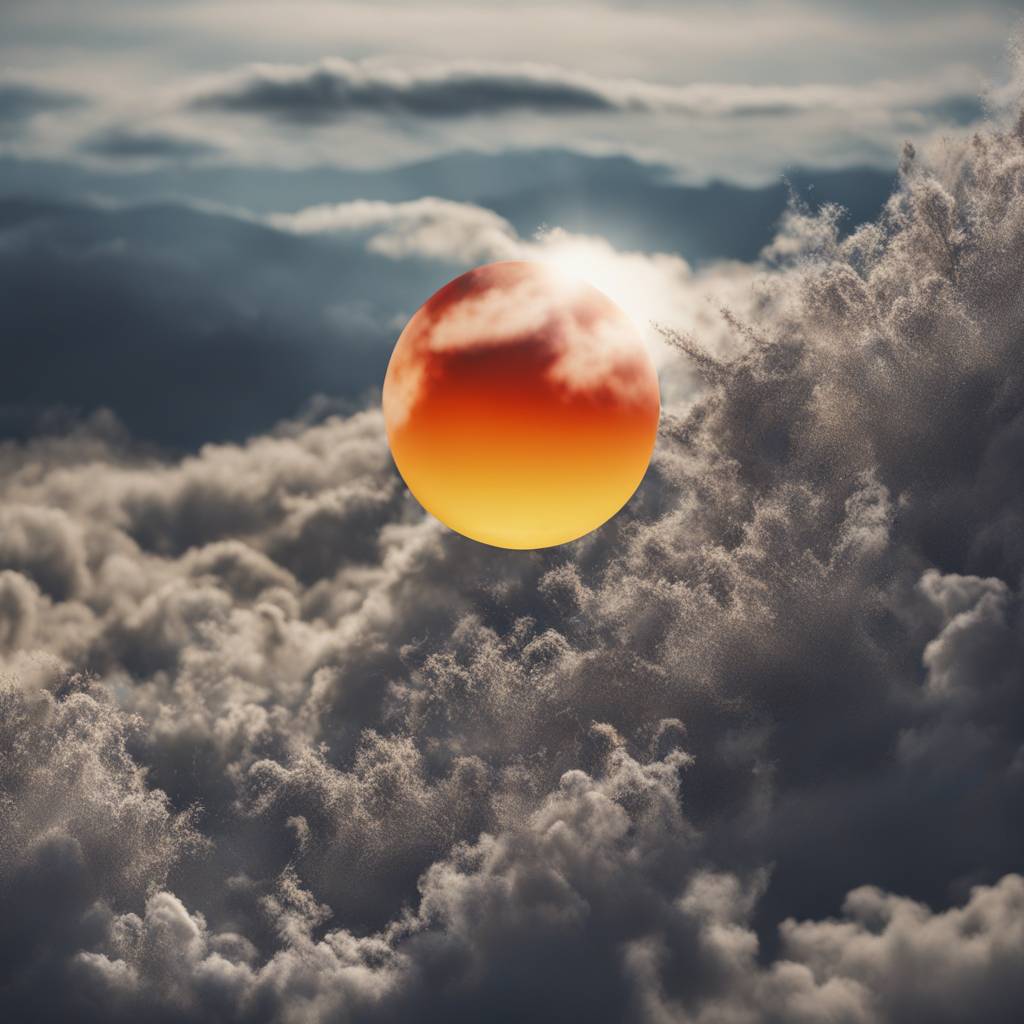Millions of people in the United States, Mexico, and Canada witnessed a partial or total solar eclipse on Monday, with some individuals looking at the sun without protective eyewear, which can have concerning consequences. Staring at the sun during an eclipse can cause irrevocable eye damage, as the retina is focused to one spot where all the light is concentrated, similar to what happens when holding a magnifying glass over paper on a sunny day. This can lead to retina damage akin to setting the retina on fire, as described by ophthalmologist Benjamin Bert. After an eclipse, there is typically an uptick in emergency appointments for eye-related concerns.
If you viewed the eclipse directly without proper eye protection, the primary sign of eye damage would be a spot in your vision that is malfunctioning, as indicated by dark spots that remain in a fixed location when moving your eyes. Other symptoms to look out for include blurriness, distortion, changes in color vision, and pain with excessive tearing. The American Academy of Ophthalmology notes that eclipse-related eye damage is unlikely to cause pain, as the retina does not contain pain nerves. Despite this, it is essential to monitor any changes and seek medical attention if necessary, such as noticing a blind spot or distorted vision.
In rare cases, staring at the sun can lead to solar retinopathy, a permanent form of retinal injury that occurs after direct sun exposure. Solar retinopathy has no known treatment, and symptoms can include blurry vision, black spots in the center of the eye, and permanent blind spots or distortion. A New York City woman named Nia Payne experienced solar retinopathy after viewing the 2017 solar eclipse for a brief period with her bare eyes and then using noncompliant eclipse glasses. Researchers later confirmed a hole in her retinas, leading to her diagnosis of solar retinopathy as detailed in JAMA Ophthalmology.
If you suspect solar retinopathy, it is crucial to consult with an eye specialist, who may take specialized images of the macula and retinal layers to assess any structural changes and potential recovery options. While the clarity of vision can improve after solar retinopathy, individuals are often left with permanent blind spots or distortions. It is essential not to ignore any eye-related symptoms following an eclipse, such as headaches, light sensitivity, or changes in visual acuity, as these could indicate potential retinal damage. Prompt consultation with an eye doctor can help determine the extent of any injury and guide appropriate treatment measures. Taking precautionary steps to protect your eyes during future astronomical events is key to preventing long-lasting damage and preserving overall eye health.








